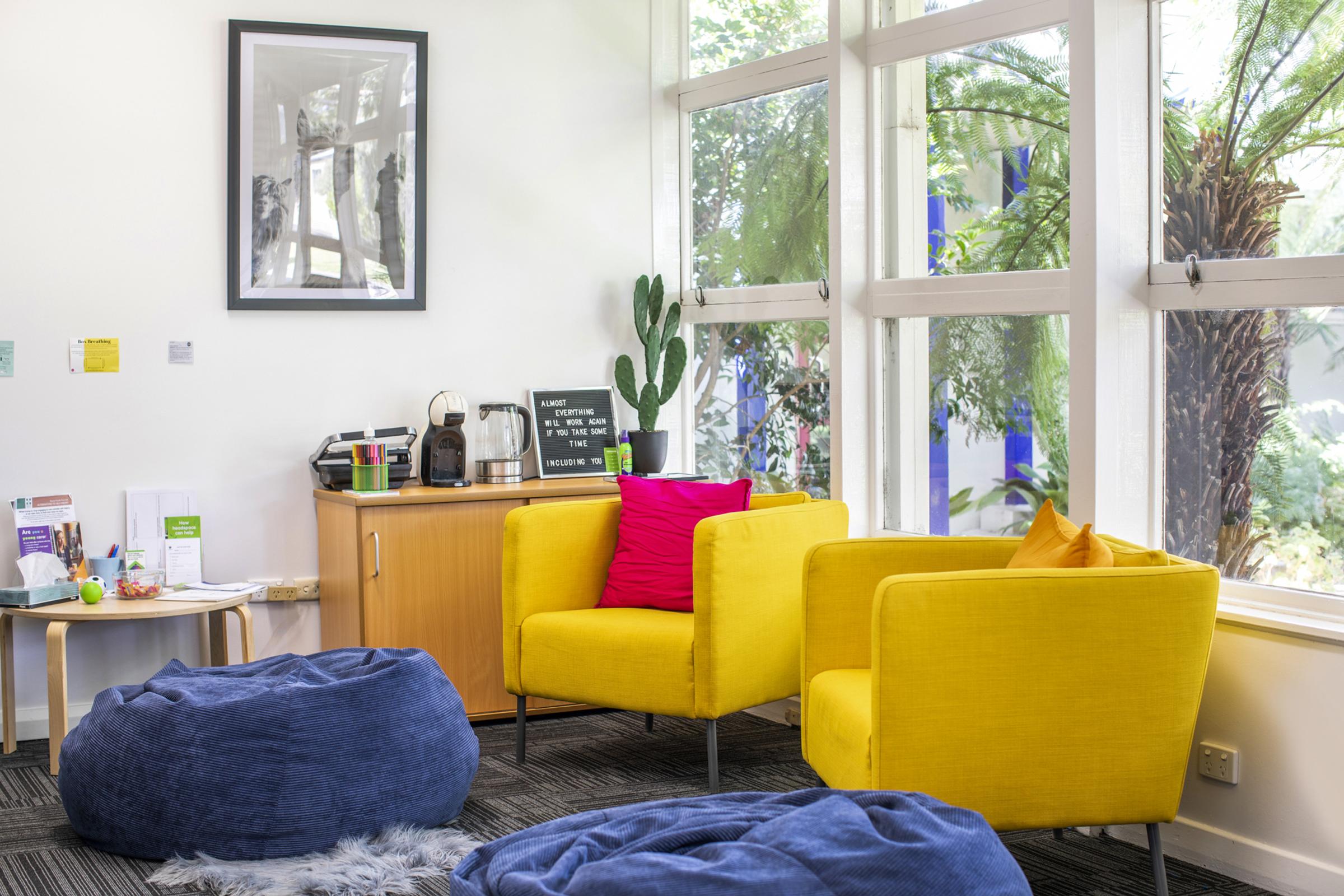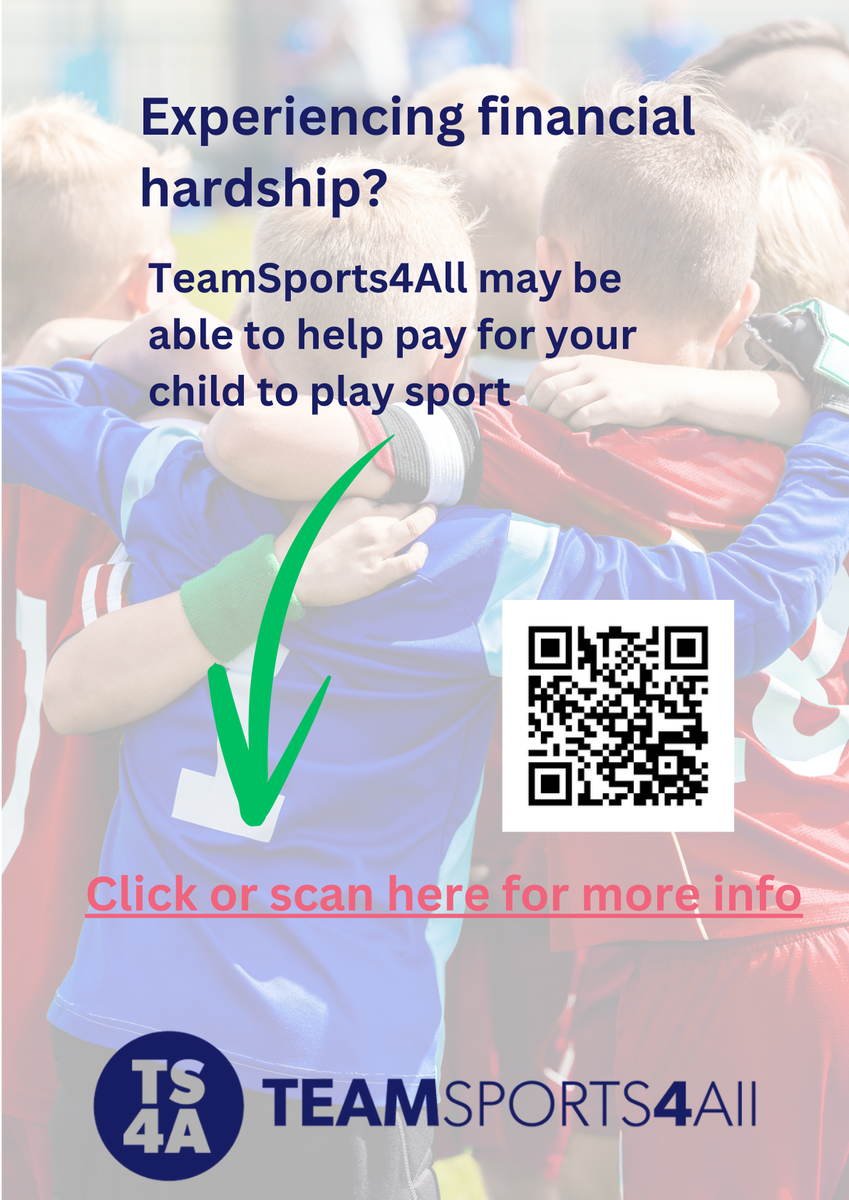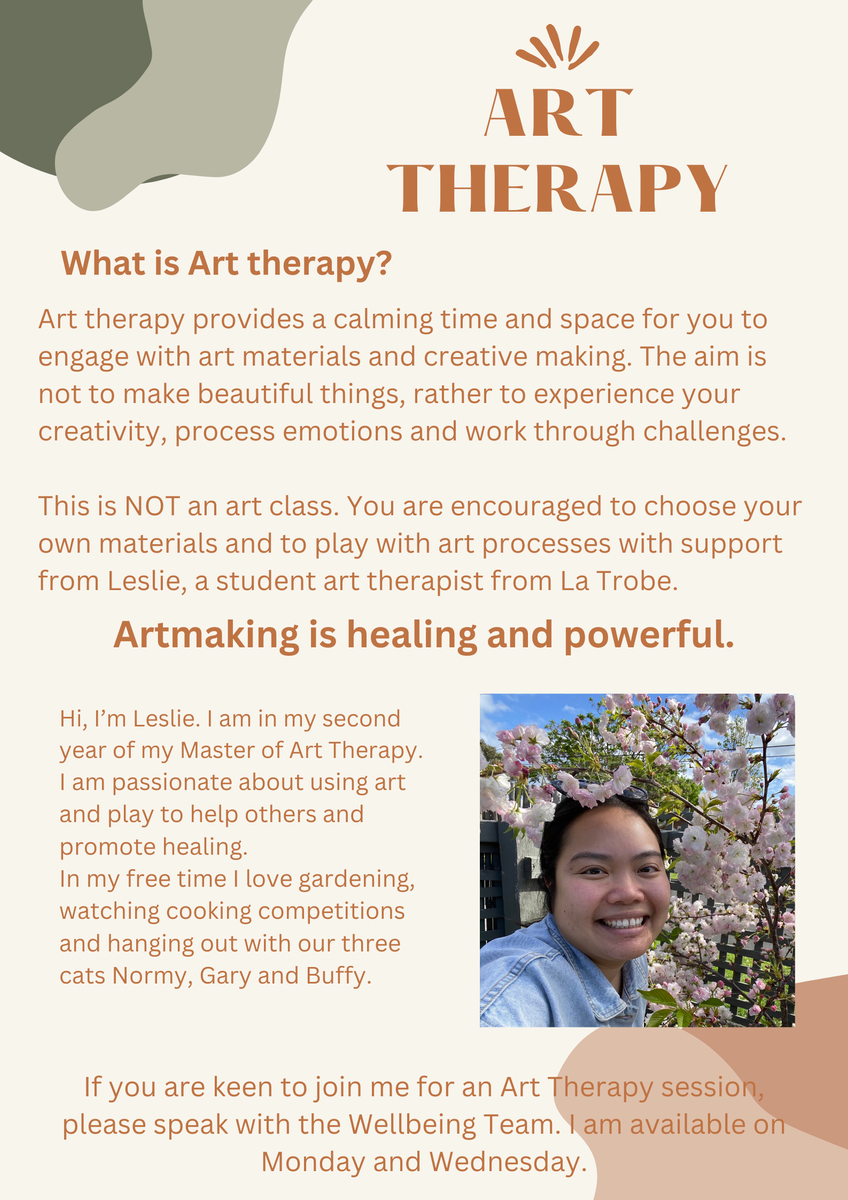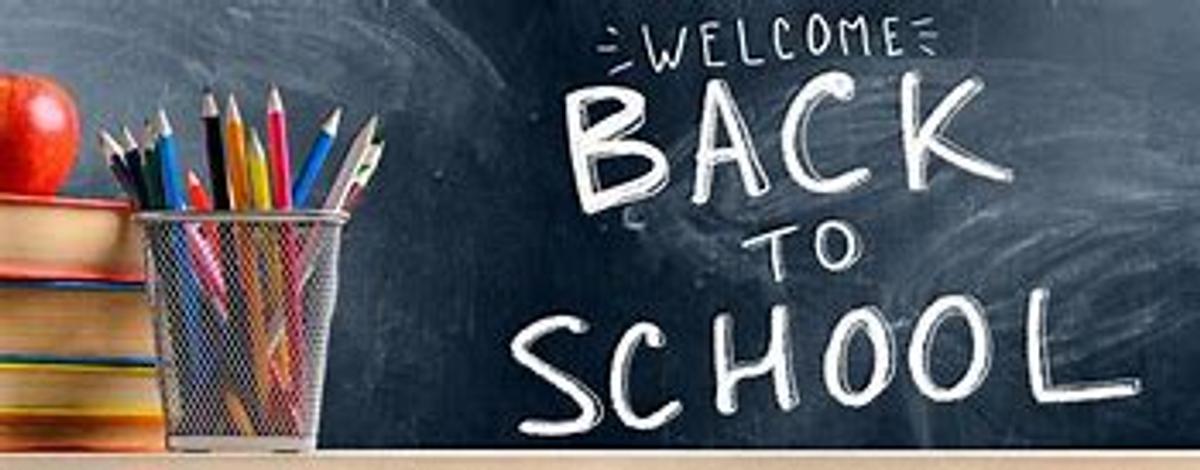Student Wellbeing
The Wellbeing Team: Felicity Brown, Isabella Farrar, Pat Pekin, Suzanne Tonks

Student Wellbeing
The Wellbeing Team: Felicity Brown, Isabella Farrar, Pat Pekin, Suzanne Tonks






Supporting secondary school students through their transition to a new academic year and helping them make good choices, especially in friendships, is crucial for their growth and well-being. Here are a few strategies to help them navigate this stage:
1. Fostering Self-Awareness
Encourage students to reflect on their values, interests, and goals. By helping them understand who they are and what they stand for, they will be better equipped to make decisions that align with their personal beliefs. Encourage journaling or open conversations about self-discovery.
2. Promoting Healthy Friendships
3. Encouraging Open Communication
Create an environment where students feel comfortable discussing their friendships and the challenges they face. Encourage them to talk to trusted adults, teachers, coaches, family friends/relatives or school wellbeing team members if they need guidance on social issues or peer relationships. It can also be helpful to have group discussions about common concerns or experiences.
4. Teaching Problem-Solving Skills
Help students develop strong decision-making skills by discussing real-life scenarios with them. Teach them how to evaluate the consequences of their actions and to think critically about how their choices might affect others. Role-playing or case studies can be a fun and practical way to practice these skills.
5. Role of Adults and Mentors
Encourage the presence of supportive adults in their lives, like parents, teachers, or coaches, or family friends/relatives, who can offer guidance and be role models. Mentorship programs or peer leaders can also help students navigate social challenges by offering advice and setting positive examples.
6. Resilience and Coping Strategies
Equip students with coping strategies for handling challenges in friendships, such as conflict resolution, seeking support when needed, and learning how to let go of unhealthy relationships. Resilience-building activities, such as mindfulness, stress management techniques, and encouraging positive self-talk, can empower them during tough times.
7. Involving Students in Extracurricular Activities
Encourage participation in extracurricular activities like sports, clubs, or volunteer opportunities. These environments often foster collaboration, teamwork, and new friendships, allowing students to form bonds outside of the typical peer group and discover new interests.
By helping students develop a strong sense of self and offering guidance on how to form healthy friendships, they are better equipped to make thoughtful decisions and navigate this important phase in their lives.